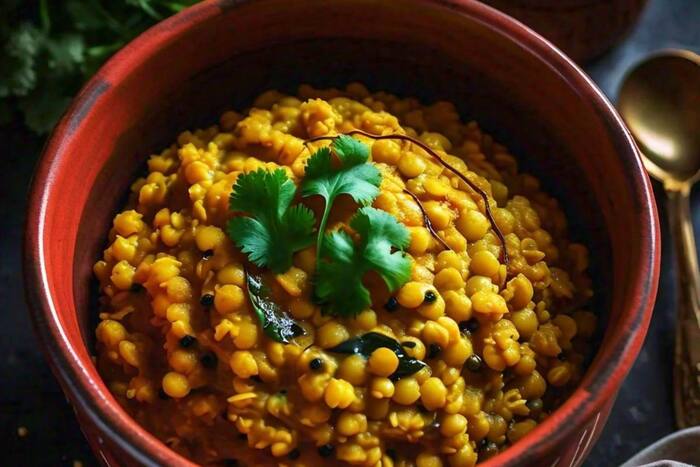
By clicking “Accept All Cookies”, you agree to the storing of cookies on your device to enhance site navigation, analyze site usage, and assist in our marketing efforts Cookies Policy.

Moong dal, also known as mung beans, is a highly nutritious legume commonly used in Indian cuisine and other Asian dishes. It is known for its health benefits and versatility. Here’s a detailed look at the benefits of moong dal:
Vitamins and Minerals:
– B Vitamins: Moong dal is a good source of B vitamins, including folate (vitamin B9), which is important for energy production and red blood cell formation.
– Iron: Essential for the production of hemoglobin and prevention of anemia.
– Potassium: Helps regulate blood pressure and maintain fluid balance.
– Magnesium: Supports muscle and nerve function, bone health, and energy production.
Protein:
– High-Quality Protein: Moong dal is rich in protein, which is essential for muscle growth, repair, and overall body function.
Fiber:
– Dietary Fiber: Provides dietary fiber, which aids in digestion, promotes regular bowel movements, and helps prevent constipation.
Digestive Aid:
– Fiber Content: The fiber in moong dal helps improve digestive health by adding bulk to the stool and facilitating regular bowel movements.
– Prebiotic Properties: Supports the growth of beneficial gut bacteria, contributing to a healthy digestive system.
Heart Health:
– Low in Saturated Fat: Moong dal is low in saturated fat and cholesterol, which helps in maintaining heart health.
– Potassium and Magnesium: These minerals help regulate blood pressure and reduce the risk of cardiovascular diseases.
– Fiber: Helps lower cholesterol levels by binding to bile acids and promoting their excretion.
Low Calorie:
– Low-Calorie Option: Moong dal is relatively low in calories, making it a good choice for those looking to manage their weight.
– High Protein and Fiber: Protein and fiber contribute to feelings of fullness and satiety, which can help reduce overall calorie intake.
Blood Sugar Control:
– Low Glycemic Index: Moong dal has a low glycemic index, meaning it has a minimal impact on blood sugar levels, making it suitable for individuals with diabetes or those looking to manage blood sugar levels.
– High Fiber: The fiber content helps regulate the absorption of sugar in the bloodstream.
Skin Health:
– Vitamins and Antioxidants: The vitamins and antioxidants in moong dal help protect the skin from damage, promote healthy skin, and improve complexion.
– Detoxifying Properties: Moong dal is often used in detox diets to help cleanse the body and improve skin appearance.
Immune Support:
– Nutrient Content: The vitamins and minerals in moong dal, particularly vitamin C and zinc, support immune function and help the body fight infections.
Bone Health:
– Calcium and Magnesium: Both minerals are essential for maintaining strong and healthy bones, and moong dal provides these nutrients in beneficial amounts.
Energy Boost:
– Complex Carbohydrates: Moong dal provides complex carbohydrates, which offer a steady release of energy and help sustain energy levels throughout the day.
Digestibility:
– Easy on the Stomach: Moong dal is easier to digest compared to some other legumes, making it suitable for people with sensitive digestive systems.
For breaking news and live news updates, like us on Facebook or follow us on Twitter and Instagram. Read more on Latest Dishes News on India.com.